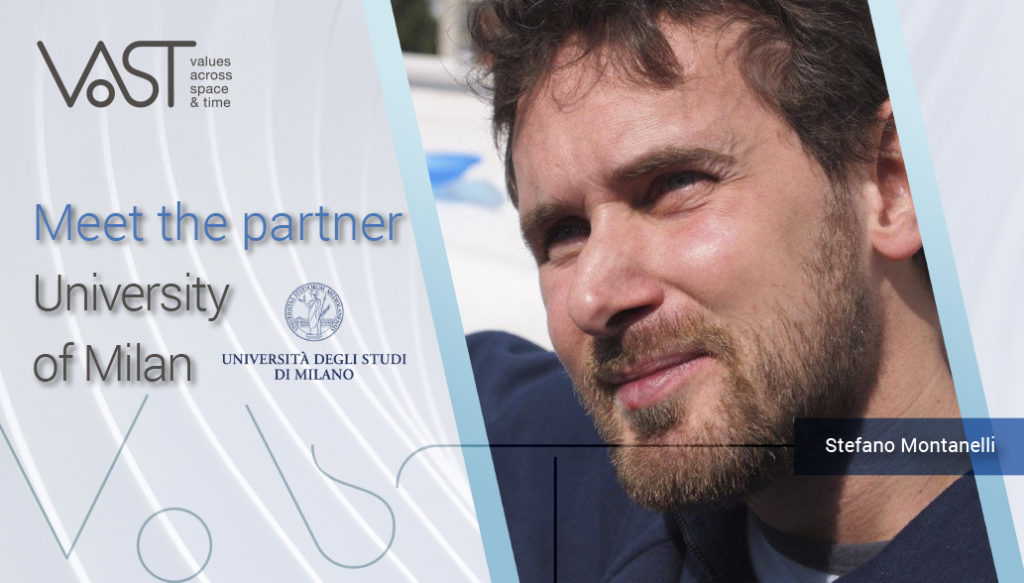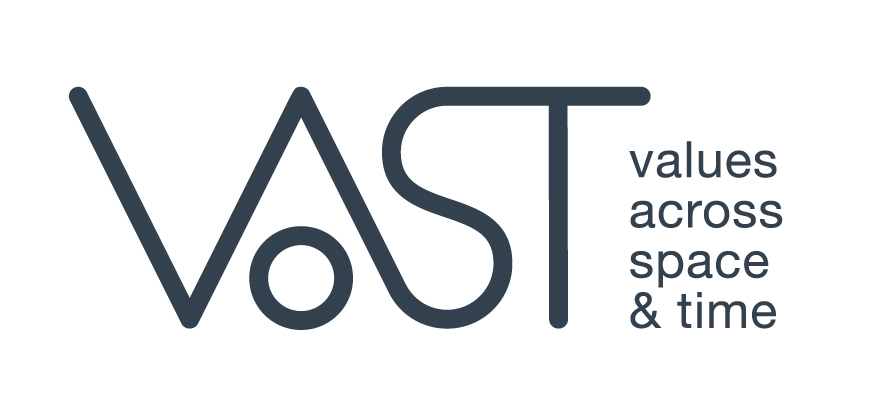Meet the partners – University of Milan

The University of Milan (UMIL) is the largest University in Lombardy and one of the most dynamic and internationally-oriented EU regions, with a teaching staff of about 2.200 tenured professors and with almost 60.000 students. Established in 1924, its mission is to contribute to society through the pursuit of teaching/education and research at the highest international levels of excellence. It is the only Italian member amongst the 23 prestigious Universities of the League of European Research Universities (LERU). The University of Milan offers several study programmes covering three macro-disciplinary areas: i) Humanities, Social Sciences and Law, ii) Medicine and Healthcare and iii) Natural Sciences. In addition to its excellent level of Education provision, the University of Milan has an established reputation as one of the institutions most strongly committed to basic and applied Research in Europe.
The University of Milan joins the VAST project with a multi-disciplinary research team from the Computer Science and Historical Studies departments and leads WP5 Quality assurance: Pilot design, evaluation and assessment. Dr Stefano Montanelli is the lead person responsible for UMIL, while Dr Alfio Ferrara is the technical manager of the VAST project and Dr Giulia Giannini is promoting and leading the Values in Scientific Revolution texts pilot activities in WP2 Research: Researching Values across Space and Time. The goal of UMIL is to coordinate the design and development of the VAST pilots to ensure a uniform and coherent application of the VAST methodology. Quality assurance actions will be applied and coordinated by UMIL to ensure monitoring, analysis, and evaluation of the pilot impacts. UMIL brings in VAST expertise on Computational Humanities Research with particular emphasis on historical content digitisation, knowledge modelling for humanities, and collaborative content creation. UMIL provides technical contribution to the design of the VAST architecture where the team is responsible for semantic annotation services on historical sources with the aim of supporting the creation of the VAST knowledge base.
UMIL is primarily involved in the design of the VAST ontology where the annotation-driven knowledge about values is expressed in a semantic-web formalism to represent the emerging interpretations and transformations of values across places (space) and historical periods (time). In particular, the UMIL team focuses on the pilot about the Values in Scientific Revolution texts. UMIL aims to investigate how natural philosophers of the 17th century perceived moral values, how values were transformed and reinvented, and how they reconstructed a new image of the self and the world in the early modern period. The Team is also involved in promoting educational programmes and further events such as talks, debates, and museum nights. By leveraging on the expertise about crowdsourcing and storytelling, UMIL aims to involve educators, students, and museum visitors in general, to share their view about the values of the Scientific Revolution in today’s society.
